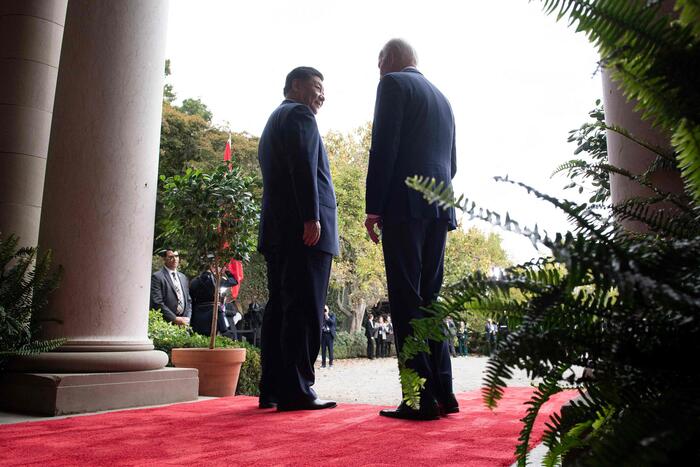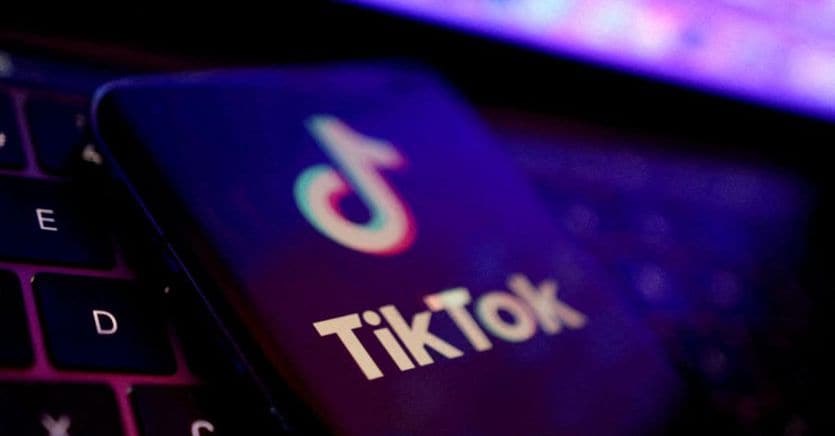“We have made some important progress, and the talks have been very constructive and productive”: This is how Joe Biden summed up in his press conference a 4-hour face-to-face meeting with Xi Jinping in a scenic residence on the outskirts of San Francisco after a year in which relations between the two countries fell to their lowest levels. . The goal was to start the ice melting. “To understand each other clearly and make sure that competition does not lead to conflict,” Biden explained after the handshake. And “overcoming differences” in a world that is “large enough for China and the United States to coexist and succeed,” which “cannot turn their backs,” not to mention the backdrop of a global economy that is “recovering but at a slow pace.” “The momentum is heavy with protectionism,” Xi Jinping echoed, saying he believes in a “promising future” for US-China relations. But if the dialogue resumes, many issues and tensions remain: from Taiwan to economic relations, which are undermined for China by US sanctions and restrictions on high-tech exports, and for Washington by the lack of equal competitive conditions. Moreover, in a diplomatically inappropriate response of the moment, Biden once again publicly described Xi Jinping as a “dictator,” meaning at the head of a “communist” country — as he tried to clarify the nuance. He said he raised concerns about China’s human rights violations, including abuses in Xinjiang, Tibet and Hong Kong. But the most important result is the restoration of communications at the highest level, with a direct line between the two leaders in the event of a crisis, as Biden announced in his rare press conference after the summit, the third this year. The military hotline, which Beijing canceled after then-House Speaker Nancy Pelosi’s controversial visit to Taiwan in 2022, has also been re-established. A Chinese crackdown on the production and export of the chemical precursor to fentanyl, the opioid, was also agreed with Xi. A low-cost synthetic substance that claims tens of thousands of victims every year in the United States of America. A commitment to climate cooperation was also reiterated, although Biden asked Beijing to do more. It also aims to discuss artificial intelligence. Wall versus wall instead in Taiwan. Biden said that he reaffirmed America’s one-China policy, but made it clear to Xi that the United States expects China not to interfere in Taiwan’s elections, stressing the importance of peace and stability across the island strait. But Beijing’s leader, according to the Chinese Foreign Ministry, warned that the United States must “take concrete measures to fulfill its commitment not to support Taiwan’s independence, to stop arming it, and to support China’s peaceful reunification,” a goal he defined as “unstoppable.” The message here is that Taiwan will return home sooner or later, by hook or by crook. Another sensitive point raised by Xi is US actions “in matters of export control, investment verification, and unilateral sanctions that seriously harm China’s legitimate interests.” The request calls for their removal “to provide a fair, just and non-discriminatory environment for Chinese companies.” But Biden also expressed his regret at the lack of a level playing field in economic competition, warning that dealing with intellectual property does not encourage investment. At the press conference, Xi responded to his request to contribute to de-escalation both in the Middle East (particularly by putting pressure on Iran so as not to expand the conflict) and in Ukraine (in this case, the pressure required is also on North Korea). ): The Chinese leader remains Putin’s main political ally and has embraced the Palestinian cause. Instead, Biden affirmed his support for Israel, recalling at the same time the duty to act carefully so as not to harm civilians and the two-state solution.
Reproduction © Copyright ANSA

“Prone to fits of apathy. Introvert. Award-winning internet evangelist. Extreme beer expert.”



